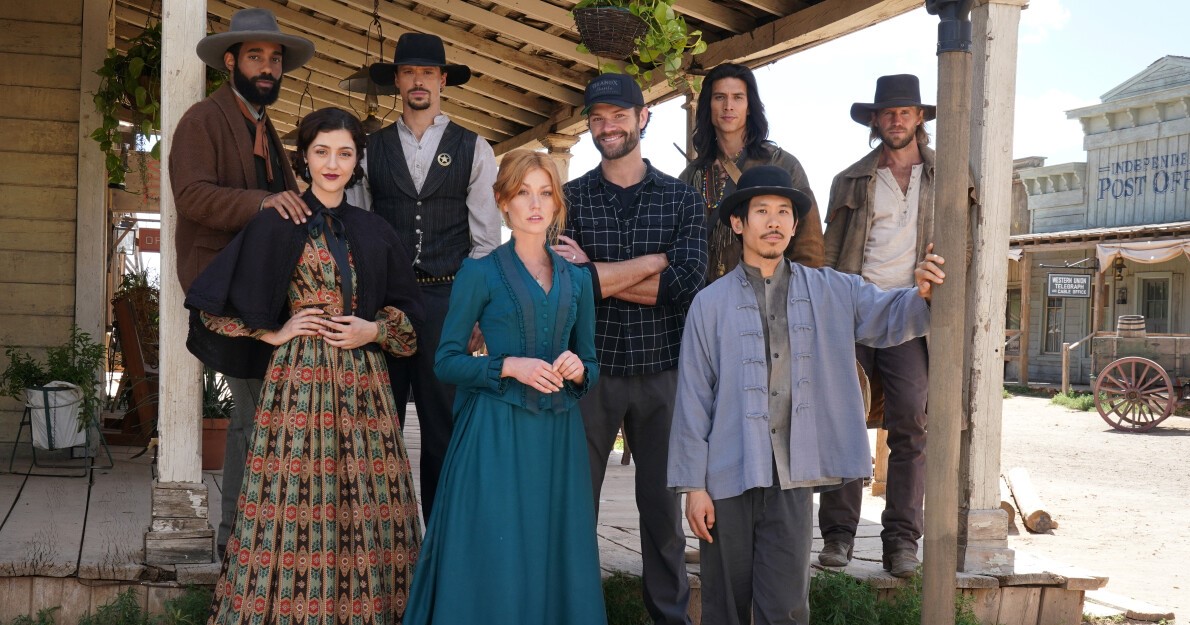Walker: Independence – A Western Rooted in Strength and Survival
Walker: Independence is a prequel to the hit CW series Walker, offering a fresh and compelling take on the Western genre. Set in the late 1800s, the show reimagines the American frontier through the eyes of a fierce and intelligent woman determined to seek justice in a lawless land. Premiering in 2022, the series quickly drew praise for its empowering narrative, diverse cast, and its blend of classic Western grit with modern emotional storytelling.
The story begins with Abby Walker, a privileged and strong-willed Boston woman whose life is shattered when she witnesses her husband’s brutal murder during their journey westward. Alone and grieving, Abby arrives in the small town of Independence, Texas—a place teeming with secrets, danger, and divided loyalties. But instead of retreating, she chooses to stay, driven by a burning need to uncover the truth about her husband's death and to forge a new path for herself in an unforgiving world.

Abby soon discovers that the town's sheriff, Tom Davidson, may be connected to her husband's murder. As she navigates the web of corruption and power that grips Independence, she finds unlikely allies in a group of misfit residents—each with their own reasons for standing against the darkness creeping through the town. Among them is Hoyt Rawlins, a charming rogue with a troubled past and a hidden heart of gold, and Calian, a noble Apache tracker with deep knowledge of the land and a moral compass of his own.
What makes Walker: Independence stand out is its emphasis on character development, especially through the lens of women and marginalized voices in the Old West. Abby is not the typical damsel in distress—she is resourceful, brave, and uncompromising in her pursuit of justice. The show places her at the center of its narrative and allows her to grow into a leader and symbol of resistance in a town plagued by inequality and exploitation.
Visually, the series embraces the traditional aesthetics of the Western genre—wide, sweeping landscapes, dusty roads, saloons, and standoffs—while incorporating a modern sense of style and pace. The cinematography captures the harsh beauty of frontier life, reinforcing the constant tension between civilization and chaos, law and lawlessness.
In addition to its compelling characters and plot, Walker: Independence offers thoughtful commentary on social issues, such as race, gender roles, colonialism, and justice. The inclusion of Native American perspectives, as well as Black and Mexican characters with significant roles, provides a richer, more inclusive picture of the American West, one that challenges romanticized myths of the era.

Although it exists as a prequel, the series stands entirely on its own, requiring no prior viewing of Walker to appreciate its story. It's a tale of vengeance, resilience, and community—about finding one’s voice in a world that tries to silence it.
In summary, Walker: Independence reinvigorates the Western genre with emotional depth, compelling performances, and timely themes. It is a story of how one woman’s fight for justice sparks a rebellion, and how a town once ruled by fear might finally find the courage to stand for what’s right.



